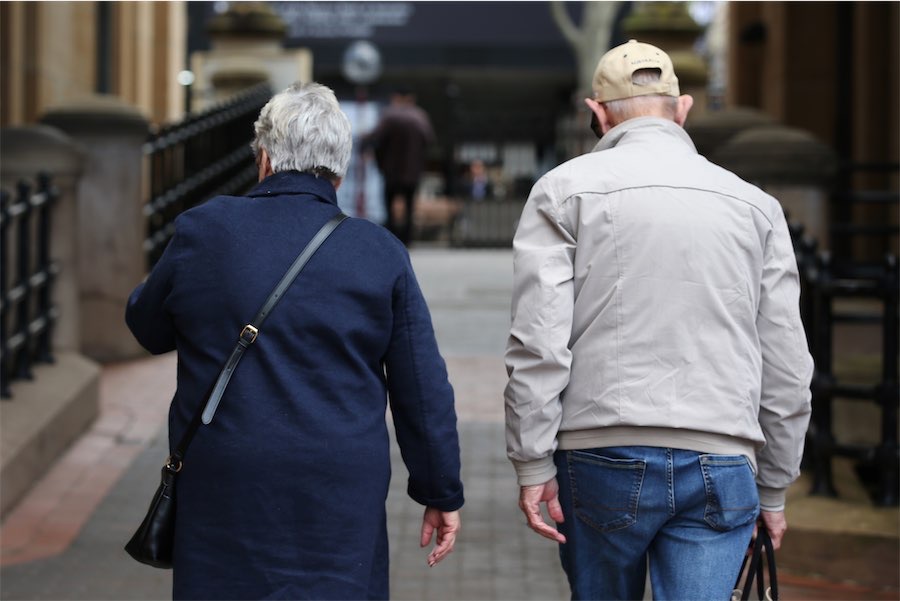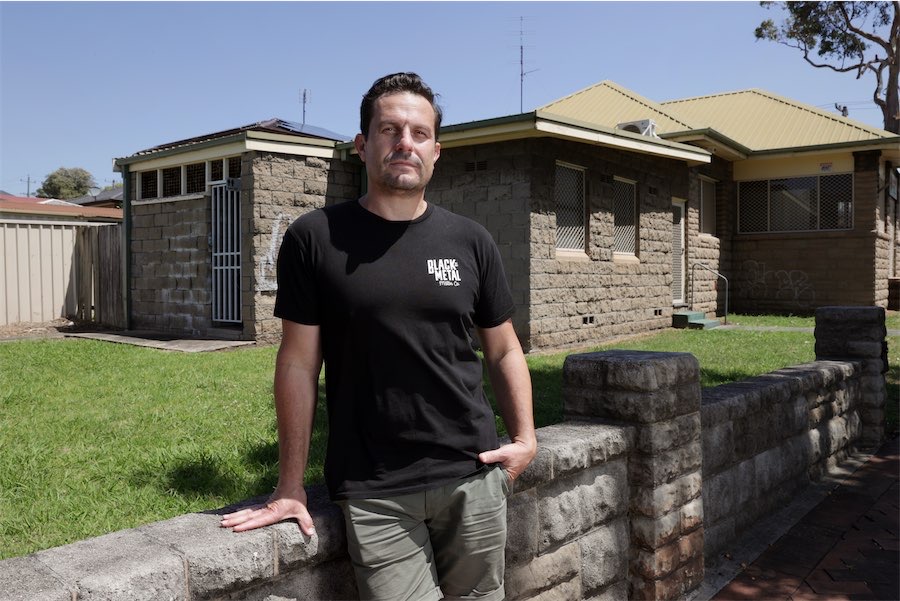
By Poppy Johnston in Canberra
A MAJOR global economic institution has urged Australia to look for other ways to raise revenue than forcing a shrinking pool of workers to shoulder a growing tax burden.
The Organisation for Economic Co-operation and Development says broadening the goods and services tax – and potentially lifting the rate – would help rebalance the tax system so retirees take on more of a share alongside workers.
Australia gets 26.5 per cent of its total tax take from GST, compared to the 32 per cent OECD average, although upping the rate comes with its challenges as all states and territories need to agree on it unanimously.
It can also be a regressive tax and hit lower-income households harder, so the OECD recommended pairing it with bolstered social welfare benefits or other kinds of compensation.
In its economic survey report for Australia, the OECD also urged the federal government to go harder to cut back tax concessions on superannuation.
The government has already committed to halving tax breaks for those with super balances of $3 million or more, although capping pre-tax contributions or taxing earnings on the retirement phase were thrown up as some further options for reform.
The government’s intergenerational report, released in August, pointed to an ageing population expected to put pressure on the nation’s finances due to more spending on aged care and health.
The OECD said relying on personal income tax was risky under these demographic shifts as there would be fewer workers to tax and more demands on the public purse.
“In addition, high personal income taxation can have adverse impacts on economic growth, largely through weakening the attachment of below-average income earners to the labour market and reducing the marginal benefits to higher income earners of increasing labour supply,” the report said.
“Tax and spending reforms are needed, along with measures that ensure a robust fiscal framework, to rebuild fiscal buffers and offset the fiscal costs of population ageing,” it said.
There are also savings to be found on the spending side.
“Encouraging more patient care in primary care settings and preventive health policies can reduce public spending growth as the population ages.”
Mounting pressures on the budget and the need to find ways to pay for them will be highlighted in a speech by former Department of Finance head Michael Keating at the Australia Institute’s Revenue Summit on Friday.
He will similarly recommend lifting and broadening the GST, as well as efficiency-boosting taxes such as a carbon tax, congestion charging and ditching stamp duty for land tax.
“While the government seems to be sympathetic to many of the demands for improved services, it is most unlikely to change its tax policies without popular support,” he will say.
“So we need to change the public debate.”
The OECD report included a number of other recommendations to keep Australia’s economy strong, including improving the affordability of childcare and lifting JobSeeker payments further.
Treasurer Jim Chalmers said the OECD report lined up well with Labor’s economic plan.
“The Albanese government’s economic plan aligns with the OECD’s agenda, including getting our budget into better nick, investing in our people and their skills, improving women’s economic participation, broadening and deepening our industrial base, and embracing the opportunities of the net zero transformation,” he said.
Who can be trusted?
In a world of spin and confusion, there’s never been a more important time to support independent journalism in Canberra.
If you trust our work online and want to enforce the power of independent voices, I invite you to make a small contribution.
Every dollar of support is invested back into our journalism to help keep citynews.com.au strong and free.
Thank you,
Ian Meikle, editor





Leave a Reply